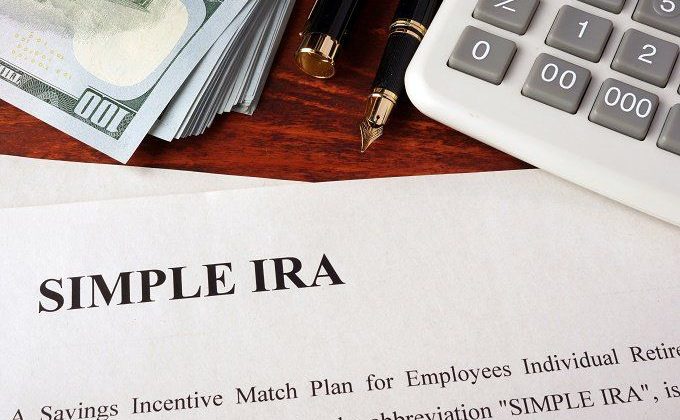
The deadlines for SIMPLE IRA contributions vary depending on the type of contribution and whether the employer or employee is making it. The following is a breakdown of what you need to know.
How SIMPLE IRAs Work
A “savings incentive match plan for employees” (SIMPLE) IRA is an employer-sponsored plan that provides employees with a tax-advantaged way to save for retirement.
Key Takeaways
- Deadlines for SIMPLE IRA contributions vary by type of contribution and whether the employer or employee is making it.
- Employers can either match employee contributions or contribute on their behalf.
- Contributions that are not made on time may incur fees or necessitate filing an amended tax return.
As the name implies, SIMPLE IRAs are designed to be easily established and administered, particularly when compared to other employer-sponsored plans such as 401(k) plans. Businesses, including sole proprietors, with less than 100 employees can set up a SIMPLE IRA.
There are two ways contributions are made to a SIMPLE IRA—employers can either match employee contributions or make contributions on their behalf. Depositing SIMPLE IRA deferred compensation, matching, and nonelective contributions when they are due will avoid penalties and needing to amend tax returns.
Deadlines for Employee Contributions
Contributions to SIMPLE IRA plans that are taken from an employee’s paycheck as a salary-reduction contribution are due within 30 days of the month in which the deferred payments were made. For contributions taken from an employee’s pay in September, for instance, the contributions must be deposited into the SIMPLE plan by Oct. 30 of the same year.
In 2020 and 2021, the contribution limit for employees is $13,500 and those aged 50 and older can make an additional catch-up contribution of as much as $3,000.
If the SIMPLE IRA is set up for someone who is self-employed and there are no other employees, contributions that are reductions in pay must be deposited within 30 days of the end of the year or Jan. 30 of the following year.
Deadlines for Employer Contributions
An employer may choose to make either matching contributions to an employee’s SIMPLE IRA, from 1% to 3% of his or her salary, or non-elective contributions of 2% of the employee’s salary, no matter what or if the employee contributes. Contributions made on the part of the employer are due by the business’ filing due date for the tax year—usually April 15, or Oct. 15 if there is an extension.
Department of Labor Rules
The Department of Labor (DOL) rules that govern SIMPLE IRA plans are different from the Internal Revenue Service (IRS) requirements. According to the DOL, employers must make contributions that are taken from an employee’s salary as soon as they can reasonably do so, but no later than seven business days for businesses with fewer than 100 employees.
This rule does not generally apply to business owners with no employees or whose only employee is their spouse.
